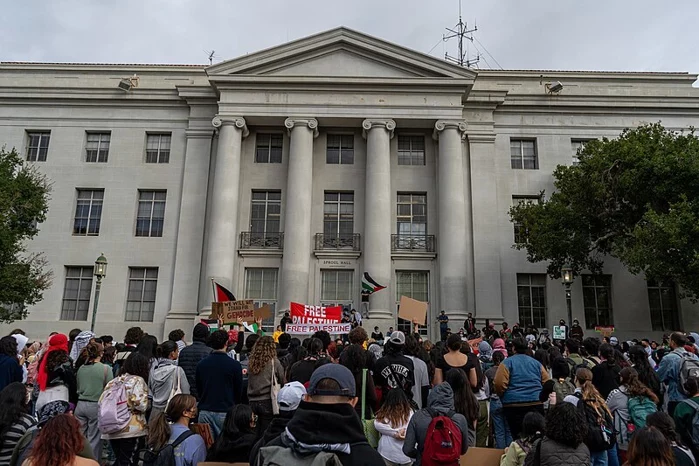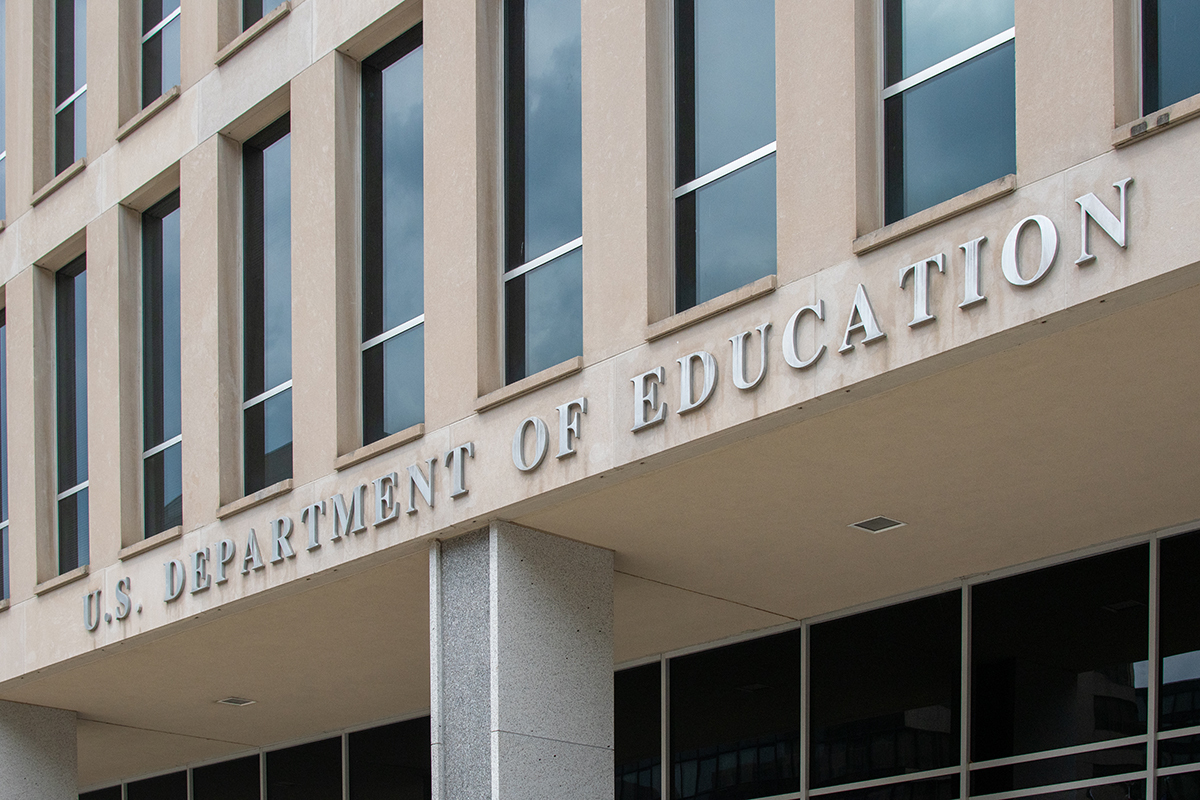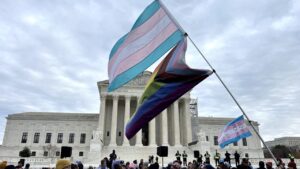
Public Domain/Wikimedia Commons/Kefr4000
The Trump administration has initiated a probe into the University of California, Berkeley, following allegations of failing to disclose substantial foreign financial contributions, particularly from China. This investigation, announced by the U.S. Department of Education, aims to scrutinize the university’s foreign funding disclosures, which appear to be “incomplete or inaccurate.”
Reports from 2023 suggest UC Berkeley neglected to report “hundreds of millions of dollars” in foreign government funding, including a significant $220 million funding for a collaborative campus in China. The Department of Education, referencing these reports, has sought further details from the university regarding these financial dealings.
In June 2023, the education department sent a letter to Berkeley, pressing for clarification on the alleged discrepancies. Berkeley responded twice in the summer of 2023, admitting oversight in reporting as mandated by Section 117 of the Higher Education Act of 1965.
According to this act, universities with federal funding must annually disclose any foreign gifts exceeding $250,000 to the Department of Education. The department’s statement highlighted a “fundamental misunderstanding” by Berkeley concerning its reporting duties under Section 117.
Linda McMahon, the U.S. Secretary of Education, criticized the previous administration for lax enforcement of university obligations, citing a lack of new investigations and premature closure of ongoing ones. She expressed confidence in the Office of General Counsel to thoroughly investigate Berkeley’s funding disclosures.
In a related move, President Trump recently signed an executive order to enforce transparency laws concerning foreign funding in U.S. educational institutions. The order emphasizes the need to safeguard academia from foreign propaganda and exploitation.
The Department of Education’s Joint Task Force to Combat Anti-Semitism has also been active, freezing substantial funds to Harvard University following its non-compliance with administration directives. Harvard’s refusal to take disciplinary actions against participants in anti-Israel protests and to pursue “viewpoint diversity” in its operations prompted this decision.
In response, Harvard has filed a lawsuit against the funding freeze, arguing it infringes on the First Amendment and the Administrative Procedure Act. The case, lodged in the U.S. District Court in Massachusetts, challenges the government’s actions as unconstitutional.
Samantha Kamman is a reporter for The Christian Post. She can be reached at:
samantha.kamman@christianpost.com.
Follow her on Twitter:
@Samantha_Kamman
This article was originally written by www.christianpost.com






